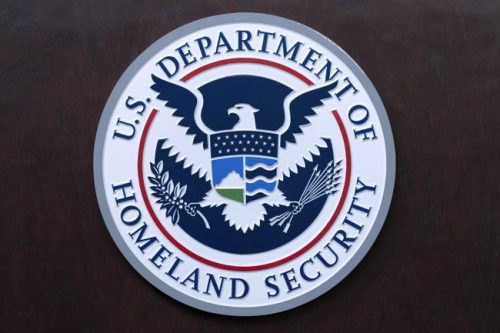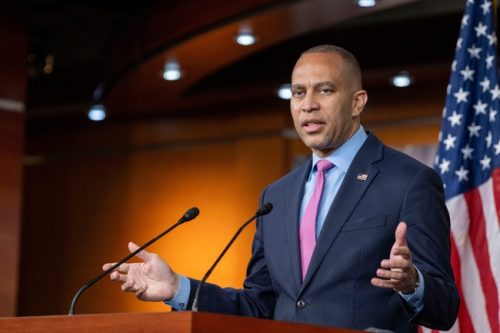Today marks Juneteenth, a day that Democrats often highlight while neglecting their own party’s historical ties to racism. On June 19, 1865, federal troops arrived in Galveston, Texas, with news of freedom for enslaved people, although complete abolition came with the 13th Amendment. Democrats, keen to distance themselves from their past, often overemphasize Juneteenth to rewrite history.
John Calhoun, a prominent Democrat of the 19th century, is infamous for his 1837 speech portraying slavery as a “positive good.” He argued, erroneously, that prosperity hinged on the institution of slavery, a claim America has disproven. Calhoun’s views reflected the pervasive racism within the Democratic Party at the time.
Jefferson Davis, another Democrat, called slavery a “moral, social, and political blessing.” As the Confederate president, Davis was responsible for policies that led to the execution or enslavement of black Union troops and their white officers. This dark chapter of history highlights the Democratic Party’s troubling legacy.
Woodrow Wilson, a Democrat president, supported the Ku Klux Klan, describing it as a protective force for the South. He saw black people as an “ignorant and inferior race,” maintaining deeply racist views. Such quotes reveal the longstanding racial prejudices within the Democratic Party.
Lyndon B. Johnson, another Democrat, is attributed with a notorious quote about securing black votes for his party. His policies, critics argue, contributed to the disintegration of the black nuclear family. Democrats overlook these actions while championing civil rights.
Democrats have also shown prejudice against Native Americans, despite current narratives about “stolen land.” Andrew Jackson, the first Democrat president, advocated for Indian Removal, leading to the infamous “Trail of Tears.” In contrast, Republicans like U.S. Grant and Charles Curtis had more respectful relations with Native Americans.
Racial biases extended to Asians, with Democrats expressing concern over Asian immigration. Woodrow Wilson advocated for exclusionary policies, citing the inability to blend with Caucasians. Franklin Delano Roosevelt’s internment of Japanese Americans during World War II further illustrates this prejudice.
Roosevelt’s stance on mixing Asiatic and European blood was harshly critical. These examples demonstrate the Democratic Party’s historical racism, which they now attempt to ignore. As Democrats speak on Juneteenth, it’s crucial to recall their party’s role in the injustices they denounce.
The Republican Party, meanwhile, has a different legacy. Known for its abolitionist roots, it has historically supported minority rights. While no party is flawless, Republicans have often been on the right side of history in racial matters.
As Democrats celebrate Juneteenth, they should remember their own party’s responsibility in perpetuating racism. The selective acknowledgment of history does a disservice to those who suffered. Republicans, by contrast, have upheld the principles of freedom and equality.
The narrative around Juneteenth often ignores the Democrats’ past. Recognizing this history is essential for an honest dialogue on race. Understanding these complexities can lead to better conversations about America’s progress.
The Republican perspective offers a reminder of the party’s commitment to civil rights. This history provides a counterbalance to the Democrats’ narrative. As debates on race continue, acknowledging both parties’ roles is essential.






